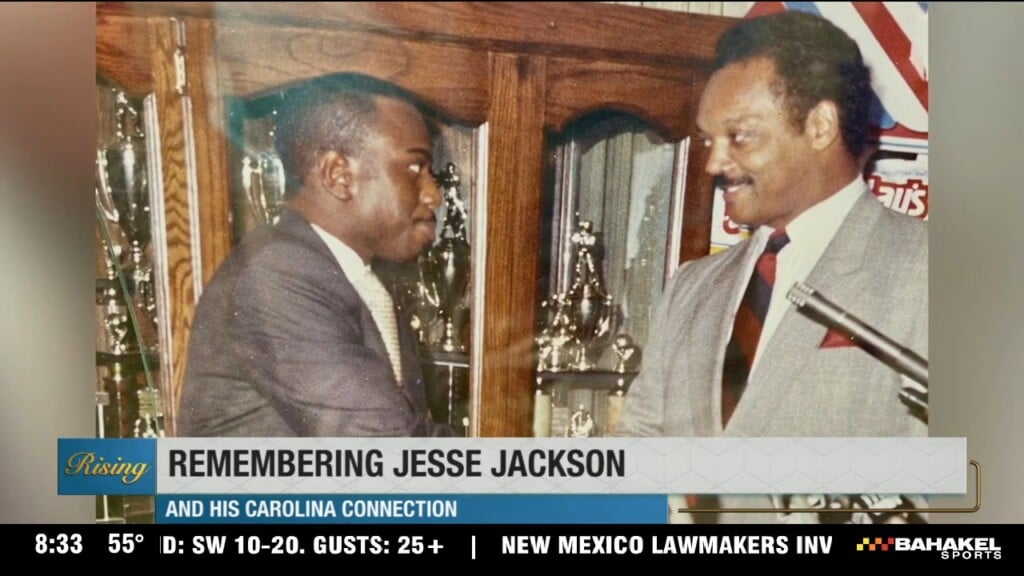Changes in how the U.S. handles Ebola concerns are in the works, even as the first Ebola patient diagnosed inside our country has died. Thomas Eric Duncan had been in Texas Health Presbyterian Hospital since September 28, and his passing has brought a new level of awareness to the disease.
As of today, U.S. officials are stepping up response to the Ebola epidemic. People coming into some air and sea ports and border crossings will go through new screenings. This week marks a critical time for people under observation in Dallas. If they’ve been infected by Duncan, this is when they’ll start showing signs, and a deputy handling his case has been admitted for testing. And in Spain, the dog of a nurse who contracted Ebola has been euthanized as a precaution. Animals can be carriers.
What the U.S. government did not do today was issue a travel restriction. And observers have reiterated: cutting off the hardest hit countries in Africa could have devastating social and political impact. Over the past week, locally, we’ve had multiple reassurances from our health system and airport.
But the information seems to be shifting a bit. Some doctors are backing off the earlier assertion that Ebola can’t be airborne. There’s concern about why the hospital originally sent Duncan home. And there are dozens of people under observation between Washington D.C. and Texas.
So tonight, our Man on the Edge, Robert Wilder, hit the streets to ask: what, if anything, should America be doing differently about Ebola?





